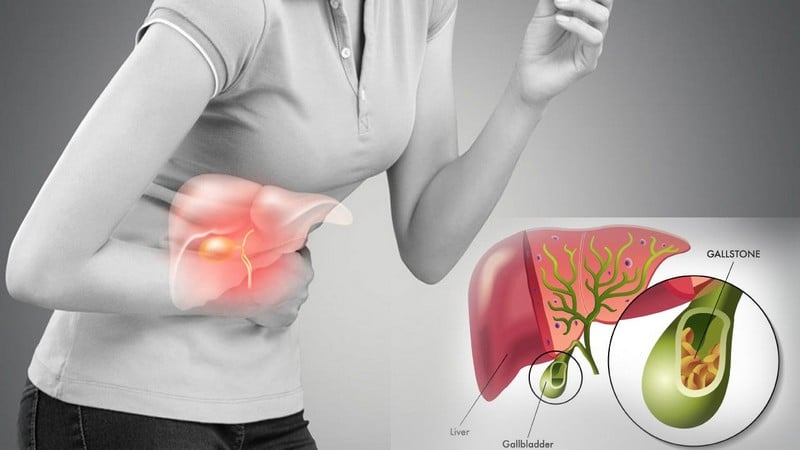Biliary Obstruction

Biliary obstruction essentially refers to the blockage of bile ducts, which are tubes responsible for carrying specific fluids in the body, like bile. Bile is the dark-green fluid secreted by the liver so that we can digest fats, generally stored in our gallbladders. These ducts move the bile to the duodenum from the gallbladder and liver via the pancreas. Any obstructions to this process can cause many problems. Usually, they’re treated successfully. However, blockages that continue to remain untreated could potentially result in life-threatening conditions in the liver.
Some factors that may cause biliary obstruction are gallstones, inflammation, trauma, cysts, parasites, pancreatitis, injuries, infections like hepatitis, cirrhosis, and choledochal cyst. The symptoms it presents typically depend on the cause of the obstruction, but most people usually experience light-colored stools, jaundice, weight loss, nausea, vomiting, itching, and dark urine. The diagnosis and tests used to check biliary obstructions and rule out other conditions are ultrasonography, blood tests, HIDA scans, MRI, and cholangiography. Preventing its occurrence generally involves changes in diet, such as increasing the consumption of fiber-rich foods and lowering your intake of saturated fats and sugar.










